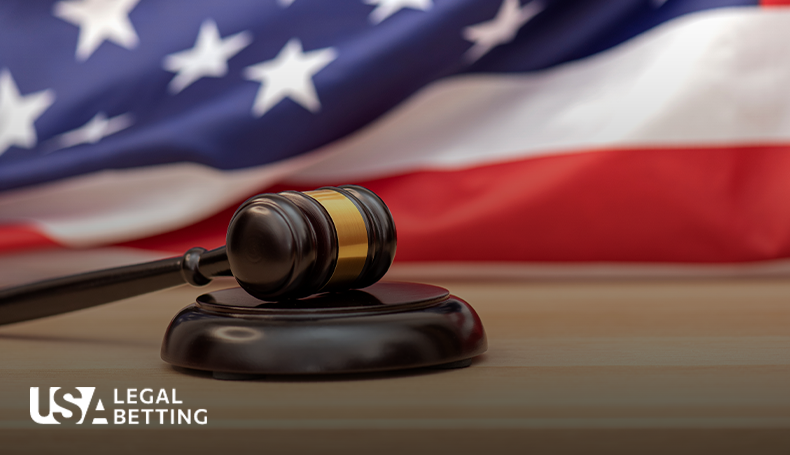According to the House’s version of HB 774, there is no limit on the number of licenses that would be available to sports betting operators. Anywhere from 1-26 operators would be able to achieve licensing after securing a casino partnership and pending regulatory approval.
The bill would impose a tier-based tax system organized by each legal sportsbook’s gross gaming revenue (GGR).
Operators would be taxed four percent of their monthly GGR below $50,000, six percent between $50,000-133,999, and eight percent at or exceeding $134,000. They would be charged another four percent of their GGR to help replenish the state’s Road and Bridge Repair Fund.
Sportsbooks would not pay more than 12 percent of their adjusted gross gaming revenue to Mississippi. Estimates suggest that Mississippi could gain anywhere between $25-35 million in annual stimulus.
The extra funding would go a long way toward helping Mississippi, which had the lowest nominal GDP per capita of any state in 2022.
Although there are no major-league sports teams in Mississippi, it is part of a region in the country that is heavily invested in college sports. Both Mississippi State and Ole Miss are prominent universities that would offer large intrigue for bettors, along with nearby powerhouses Alabama, Georgia, and LSU, among others.
Mississippi law authorizes betting on in-state colleges and universities—however, it does not allow betting on college player props or live betting.
Mississippi legalized retail sports betting shortly after the national ban was lifted in 2018. It also allows Daily Fantasy Sports despite its prohibition on online sportsbooks.


